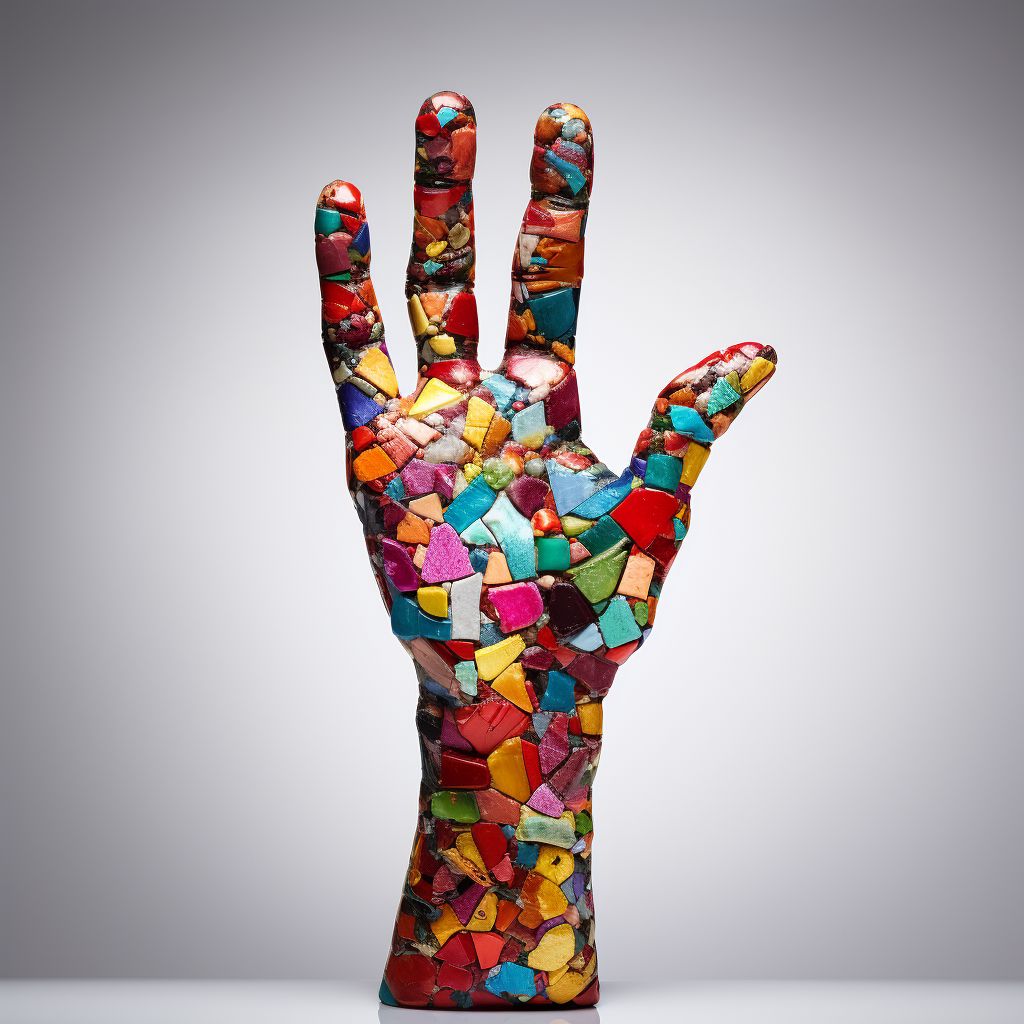Celebrating International Day of Sign Languages and South Africa’s Progress
On 23rd September 2023, the International Day of Sign Languages was celebrated, with the Department of Women, Youth, and Persons with Disabilities joining the global community in raising awareness about the importance of sign languages in fostering inclusive communication. In a notable achievement, South Africa recently amended its constitution to recognize South African Sign Language (SASL) as the 12th official language.
The push for SASL recognition underscores its crucial role in communication and access to information for the deaf community. As outlined in Section 30 of the constitution, individuals have the right to use their preferred language and participate in their chosen cultural life. By implementing these constitutional provisions, South Africa aims to enhance information access and communication for deaf individuals.
Globally, the World Federation of the Deaf estimates that over 70 million deaf people reside in various countries, with more than 80% living in developing nations. These individuals use over 300 different sign languages to communicate. The Pan South African Language Board (PANSALB) collaborates with stakeholders to organize workshops during September, acknowledged as World Deaf Awareness Month, to raise awareness and promote multilingualism.
Addressing Challenges and Ensuring Opportunities for Deaf Individuals
Recognizing sign language as an official language marks significant progress in addressing the challenges faced by people with hearing impairments, particularly in accessing education and socio-economic opportunities. To effectively protect and promote linguistics, the Department of Basic Education has already started offering teaching and learning opportunities for deaf learners.
Despite these positive developments, concerns persist about the lack of sign language interpretation at government service points. Minister Dlamini Zuma stressed the significance of sign language interpreters at police stations, hospitals, and clinics, as they allow individuals with hearing impairments to access justice, particularly victims of violence, including those affected by gender-based violence in South Africa.
As the country observes International Sign Language Day, reflection on the progress made and recognition of the importance of sign languages in cultivating an inclusive society is essential. By accepting and promoting SASL as an official language, South Africa has taken a crucial step toward bridging the communication gap and ensuring equal opportunities for all citizens.
Embracing Sign Languages for a More Inclusive Society
Language holds a power that extends beyond mere communication, playing an essential role in shaping cultural identities and fostering social cohesion. In a diverse country like South Africa, sign languages pave the way for understanding and appreciating the various experiences of its inhabitants. As SASL gains its rightful position among the nation’s official languages, it demonstrates South Africa’s dedication to inclusivity and equality.
For society to wholly embrace the potential of sign languages, raising awareness and emphasizing the importance of inclusive communication must continue. From educational institutions to workplaces and public service points, sign language interpreters can significantly impact individuals with hearing impairments.
While acknowledging SASL as an official language represents a substantial accomplishment, much work remains to ensure that all South Africans, regardless of their hearing abilities, can fully participate in society. By encouraging dialogue and understanding, sign languages possess the power to dismantle barriers and unite people in the quest for a more inclusive and equal society.
In a world where communication is often taken for granted, remembering that each individual has unique methods of expression is crucial. As we observe International Sign Language Day, let us continue to strive for a future where everyone can communicate without barriers, and where our diverse linguistic landscape mirrors the richness of our shared human experience.
Thus, by embracing its 12th official language, South Africa reaffirms its commitment to inclusivity, cultivating a society where everyone can access information, education, and justice, regardless of their hearing abilities. Going forward, the focus should remain on raising awareness, fostering understanding, and appreciation for sign languages, ensuring that those with hearing impairments are not only heard but valued and celebrated.








